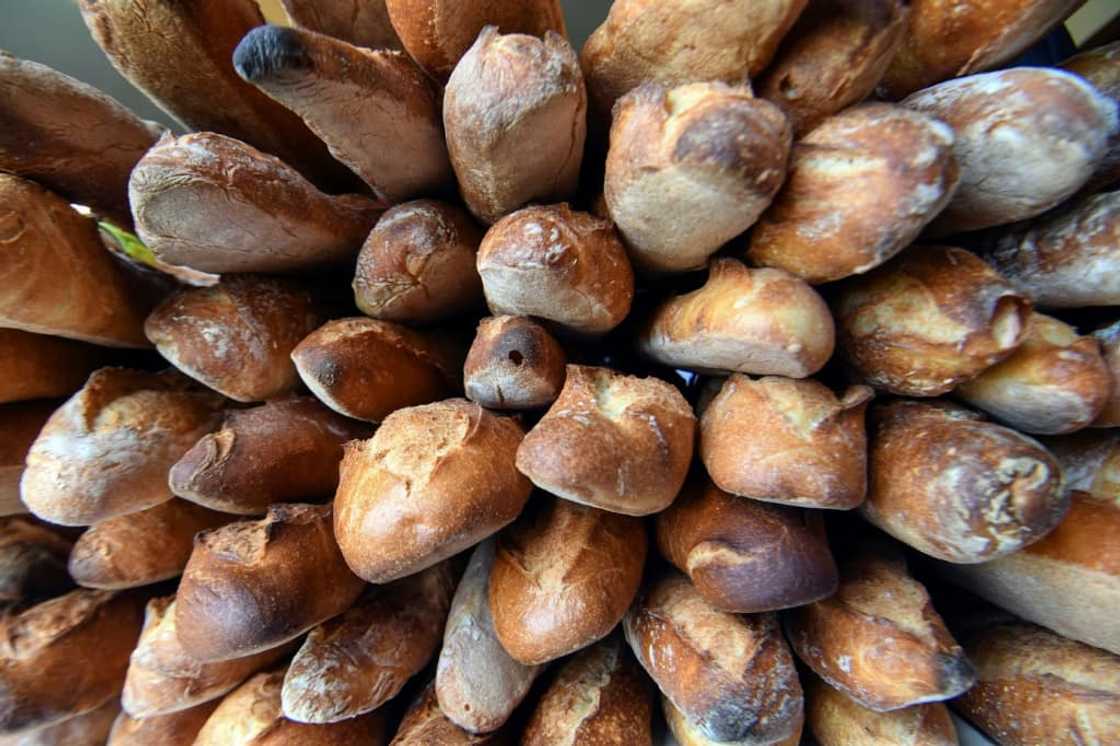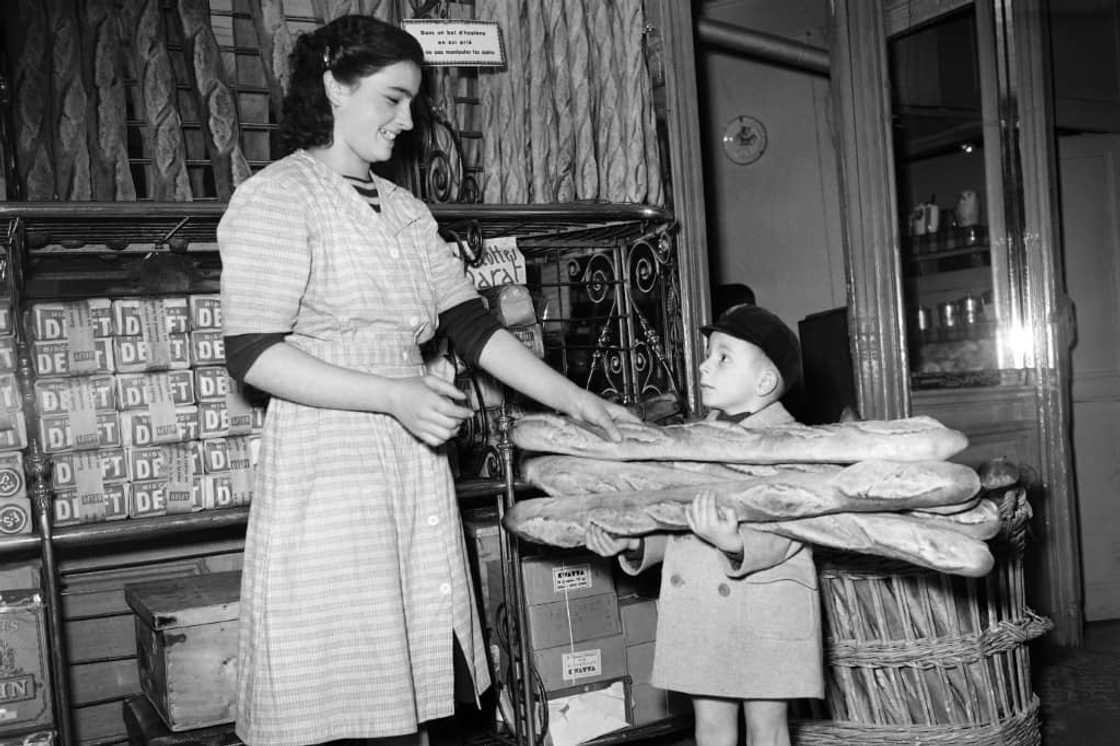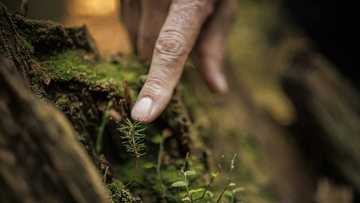French baguettes get UNESCO heritage status

Source: AFP
PAY ATTENTION: Never miss breaking news – join Briefly News' Telegram channel!
The French baguette -- "250 grams of magic and perfection," in the words of President Emmanuel Macron, and one of the abiding symbols of the nation -- was given UNESCO heritage status on Wednesday.
The bread sticks, with their crusty exterior and soft middle, have remained a quintessential part of French life long after other stereotypes like berets and strings of garlic have fallen by the wayside.
The UN agency granted "intangible cultural heritage status" to the tradition of making the baguette and the lifestyle that surrounds them.
More than six billion are baked every year in France, according to the National Federation of French Bakeries -- but the UNESCO status comes at a challenging time for the industry.
France has been losing some 400 artisanal bakeries per year since 1970, from 55,000 (one per 790 residents) to 35,000 today (one per 2,000).
The decline is due to the spread of industrial bakeries and out-of-town supermarkets in rural areas, while urbanites increasingly opt for sourdough, and swap their ham baguettes for burgers.
PAY ATTENTION: Follow us on Instagram - get the most important news directly in your favourite app!
Honeycomb and cream
Still, it remains an entirely common sight to see people with a couple of sticks under their arm, ritually chewing off the warm end as they leave the bakery, or "boulangerie".

Source: AFP
There are national competitions, during which the candidates are sliced down the middle to allow judges to evaluate the regularity of their honeycomb texture as well as the the colour of the interior, which should be cream.
But despite being a seemingly immortal fixture in French life, the baguette only officially got its name in 1920, when a new law specified its minimum weight (80 grams) and maximum length (40 centimetres).
"Initially, the baguette was considered a luxury product. The working classes ate rustic breads that kept better," said Loic Bienassis, of the European Institute of Food History and Cultures, who helped prepare the UNESCO dossier.
"Then consumption became widespread, and the countryside was won over by baguettes in the 1960s and 70s," he said.
Its earlier history is rather uncertain.
Some say long loaves were already common in the 18th century; others that it took the introduction of steam ovens by Austrian baker August Zang in the 1830s for its modern incarnation to take shape.
One popular tale is that Napoleon ordered bread to be made in thin sticks that could be more easily carried by soldiers.

Source: AFP
Another links baguettes to the construction of the Paris metro in the late 19th century, and the idea that baguettes were easier to tear up and share, avoiding arguments between the workers and the need for knives.
France submitted its request to UNESCO in early 2021, with baguettes chosen over the zinc roofs of Paris and a wine festival in Arbois.
"It is a recognition for the community of artisanal bakers and patisserie chefs," said Dominique Anract, president of bakeries federation in a statement.
"The baguette is flour, water, salt and yeast -- and the savoir-faire of the artisan."
PAY ATTENTION: Сheck out news that is picked exactly for YOU ➡️ find the “Recommended for you” block on the home page and enjoy!
Source: AFP



